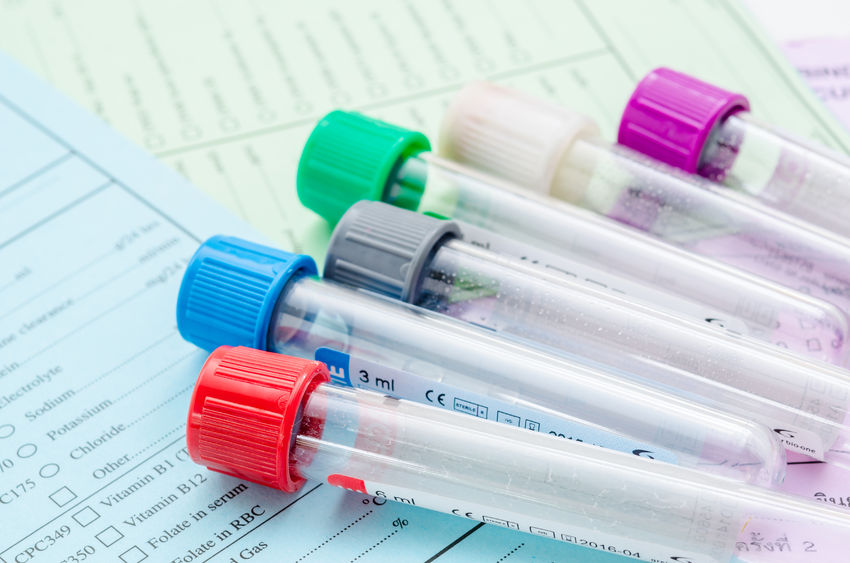
Amylase Peritoneal Fluid
What is this test?
Amylase Peritoneal Fluid test is used to measure the level of amylase enzyme in your peritoneal fluid. This test may help in diagnosing any disease of the pancreas. Amylase is an enzyme which is secreted by the pancreas along with lipase. These two enzymes help in breakdown and processing food, Amylase is also present in human saliva. An increase in the amylase and lipase is a sign of pancreatic disease or infections.
What are Amylase, Pancreas and Peritoneal cavity?
Amylase is an enzyme and a special protein which is useful in digestion. This enzyme is produced by the pancreas and the glands that make saliva (salivary glands). The pancreas is an organ present behind your stomach. It produces various enzymes that help in breaking down of food in your intestines. When the function of the pancreas is impaired or if there is an inflammation of pancreas too much or too little of amylase is released into your blood. Thus amylase tests may detect any problems related to the pancreas.
The abdominal cavity is also called as the peritoneum and contains the internal organs of the abdomen. The fluid within the peritoneal cavity is called as the peritoneal fluid. The volume and composition of peritoneal fluid may change due to an imbalance of pressure of liquid between the blood vessels (Cirrhosis, heart failure), pancreatic diseases or disorders, cancers (lung and pancreatic cancers), infections, autoimmune disorders etc.
Why is this test performed?
This test may be recommended to you if you experience symptoms like fever, loss of appetite, pain, nausea, and vomiting or abdominal pain. This test is also recommended to check existing conditions like acute pancreatitis, eating disorders, pregnancy etc.
Precautions:
Some medicines may interfere with the test results like aspirin, birth control pills, opiates, diuretics like furosemide, torsemide, hydrochlorothiazide, etc. Taking alcohol, burns may also affect the test results.
Test Preparation
Inform your doctor if you are on any medications, have any allergies or underlying medical conditions before your Amylase Peritoneal Fluid. Your doctor will give specific instructions depending on your condition on how to prepare for Amylase Peritoneal Fluid.
Follow all the instructions advised by your doctor carefully.
Understanding your test results
If your amylase peritoneal fluid test results are higher than the normal range then it may indicate the presence of acute pancreatitis, alcohol consumption, cancer of the pancreas, stomach or intestinal ulcers etc.
If your amylase peritoneal fluid test results are lower than the normal range then it may indicate the presence of Kidney disease, Liver failure, High blood pressure in pregnancy (preeclampsia), Cystic fibrosis etc.
Based on the test results, your doctor may advise you appropriate medical treatments, lifestyle modifications, or further diagnostic tests, etc.
| Gender | Age groups | Value |
| UNISEX | All age groups | No establishd range. It will be considered positive if > 1100 U/L |

